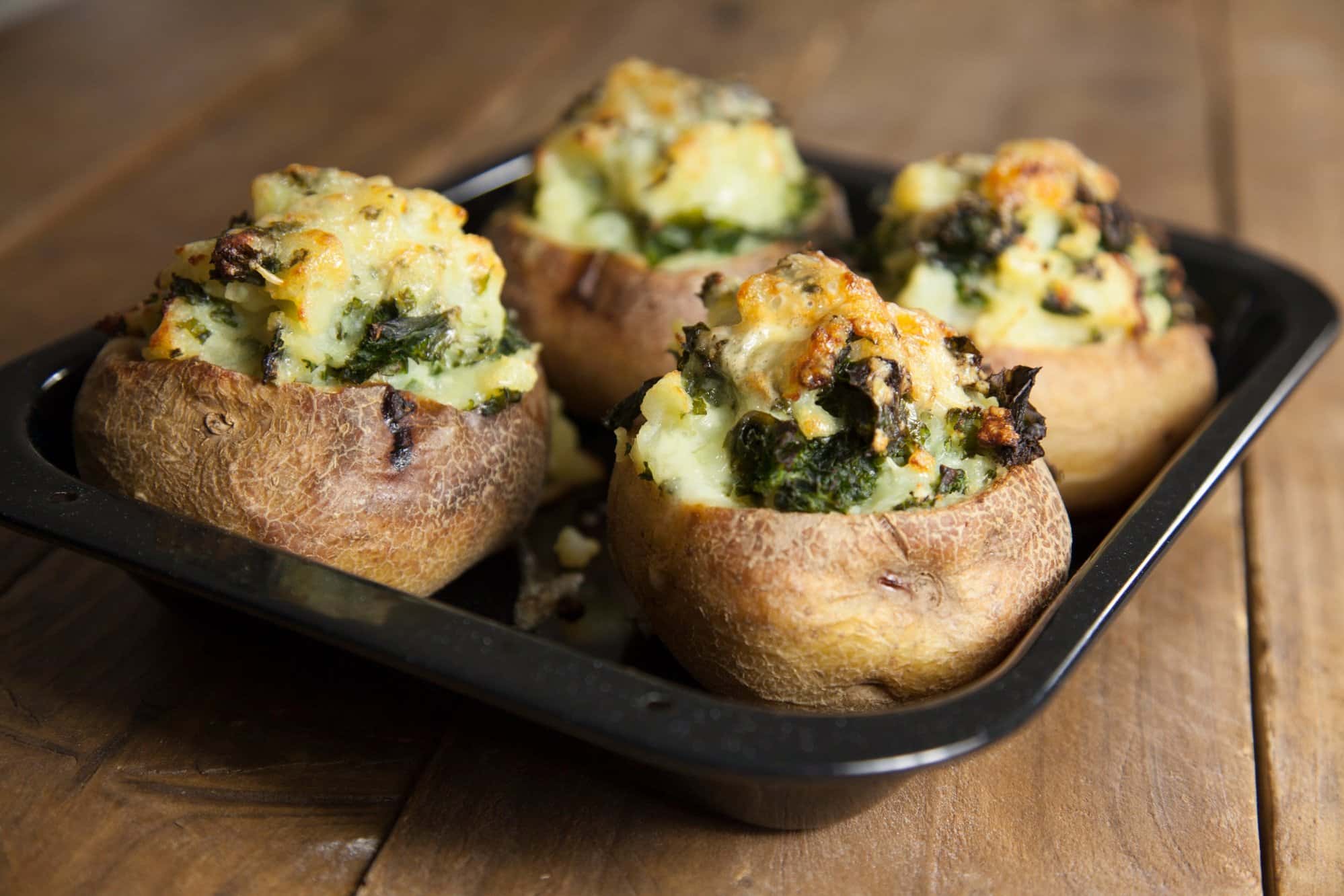My newsfeed is full of pictures of parched earth, forest fires, the loss of whole species, or a highway being built through the heart of the Amazon. I want to know what’s happening, but I’m left with a tangle of thoughts about what to do for the best, a sense of disempowerment and deep sadness at the devastating loss of life, nature, and culture.
Feeling anxious may be just one part of being human, but it seems more like a default setting in daily life now, as the cost of the climate crisis to both people and planet grows.
Whether you have a niggling worry, a sense of dread, or full-on overwhelm about this issue, you are definitely not alone. I reached out to climate psychologist, activist and writer Jessica Kleczka to find out if there is a healthy way to handle the anxiety and channel it into a more positive space.
Surprisingly, Kleczka starts by asserting that these feelings are in themselves not the problem. “Climate anxiety itself is a healthy response to the planetary-scale crisis we find ourselves in,” she says.
According to the Climate Psychology Alliance, it is normal to have a reaction to what we are seeing, and the short-term function of anxiety is to alert us that something is wrong. Left untended over the long term, though, it can show up in some problematic ways. “It can manifest as insomnia, being unable to focus, not enjoying the things that are important to us, feeling irritable, emotional instability, or obsessive behaviour such as constantly reading the news,” says Kleczka.
This in turn can feed into mental health problems like generalised anxiety disorder, OCD, and depression. So how can we respond to such a huge existential threat in a way that keeps us well?
“Climate anxiety is closely tied to the fight, flight, freeze response; an old, evolutionary reaction which is deeply ingrained in our biological makeup, and activated when we face a threat,” says Kleczka. She explains that it overlaps with climate grief, which functions very similarly to the loss of a loved one. We are only just feeling this loss, but for others it is not new. “Indigenous peoples and those in the Global South have been experiencing those phenomena for decades at the frontline of climate change impacts,” says Kleczka.

Many will feel ashamed that we are part of the problem, or dread the future impacts of climate change, so they disengage from the issue (the flight response).
This is understandable given what we are facing, combined with the total lack of positive action from world leaders. But this disconnect can be divisive, fuelling bitter culture wars.
“Rather than demonising climate deniers or sceptics, it’s helpful to remember that often, those behaviours can actually stem from climate anxiety, and what people need is a more functional way of dealing with difficult emotions.” says Kleczka.
Sometimes we may feel everything acutely and understand the need to act, but feel paralysed; something climate psychologists call ‘eco-paralysis’, and a trauma response similar to shock.
“In my experience, the best way to deal with overwhelming climate anxiety is to take action and join a climate group,” says Kleczka. “When I was studying my degree in psychology and became aware of the extent of the crisis, I fell into a depression. I then decided to bring climate into my psychology work and became an activist, which was the best decision of my life. I wake up every morning with a purpose, driven to make the world a better and safer place for my children. I couldn’t even begin to quantify how beneficial that is for my mental health.”
Scientists, conservationists, land workers, and anyone for whom dealing with environmental issues is their job, have to face these difficult truths daily, often overworking to burnout as a consequence.
“It can take months or even years to recover, and sometimes it results in chronic illness. I have been there, and nowadays I am very careful to avoid burning out by taking time off, going offline, and communicating my boundaries,” she continues.
The message there is that fighting for change needs to be balanced out with rest and self-care.
Sean Murray, a charity fundraiser working on behalf of Greenpeace, has to manage being immersed in this tricky emotional territory during his working week.
Choosing to live by his values helps Murray feel that he is creating the change he wants to see. “Doing all I can personally is important – for me, that means going vegan, growing veg on my allotment, and I choose not to have a car,” he says. Most importantly, he says that having a daily routine that supports well-being is key. “I meditate every day and do a 12-mile cycle each morning – without connecting to nature, I couldn’t do the job I do.
Kleczka acknowledges her work can be stressful and consuming, but similarly, there is one thing that grounds and inspires her: “What helps me is to spend time in nature and remind myself what it is we’re fighting for. That we’re a part of nature, and we live in an incredibly beautiful world.”
It’s empowering to think that climate anxiety doesn’t just have to be pain without function. It is a call to acknowledge our deepest feelings, helping us turn fear into courage, and a bridge to repair our connection with the land and each other.
Eco anxiety and how to deal with it
Ditch doom scrolling. Follow social accounts that are a window into climate positivity, such as @jessicakleczka, @sambentley or @queerbrownvegan.
Connect. Join a climate group and organise within your community, or attend a climate café online as a friendly discussion space to share.
Create, don’t consume. Making, growing and mending are radical, self-empowering acts.
Connect to nature. Every day in any way you can, whether that’s cloud watching or a walk in the park.
Nurture. Eat well, do activities not related to climate change, and make time for friends, for rest, for movement, for screen-free time.
Find support. If you are concerned about your mental health, there is help and info available; Mental Health Foundation, Mind and Sane are good places to start. For climate anxiety, Climate Psychology Alliance has a wide range of resources.
More on climate change:
This article was originally published in the Autumn 2022 print edition of Wicked Leeks. You can read the full issue online now.









0 Comments